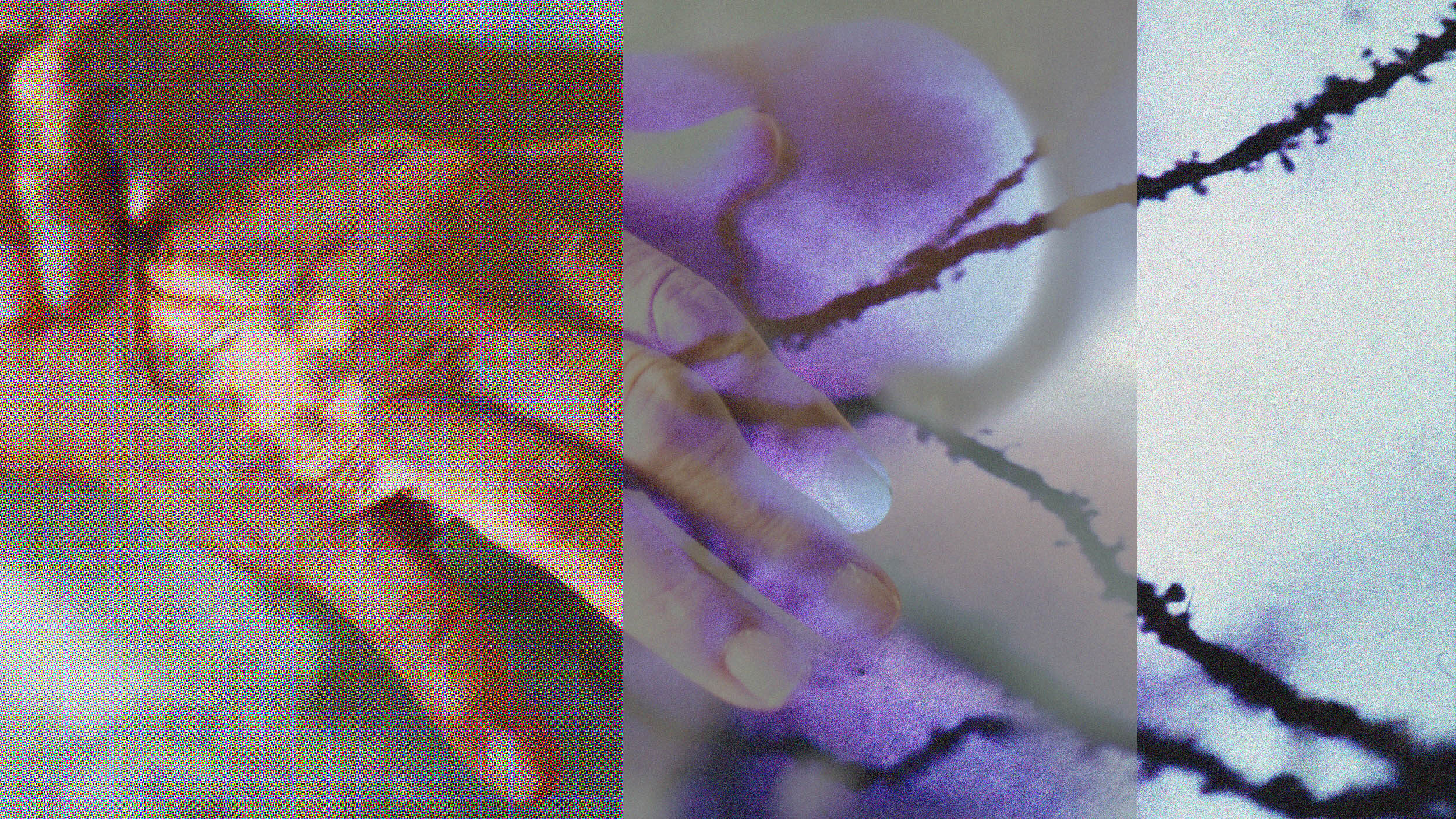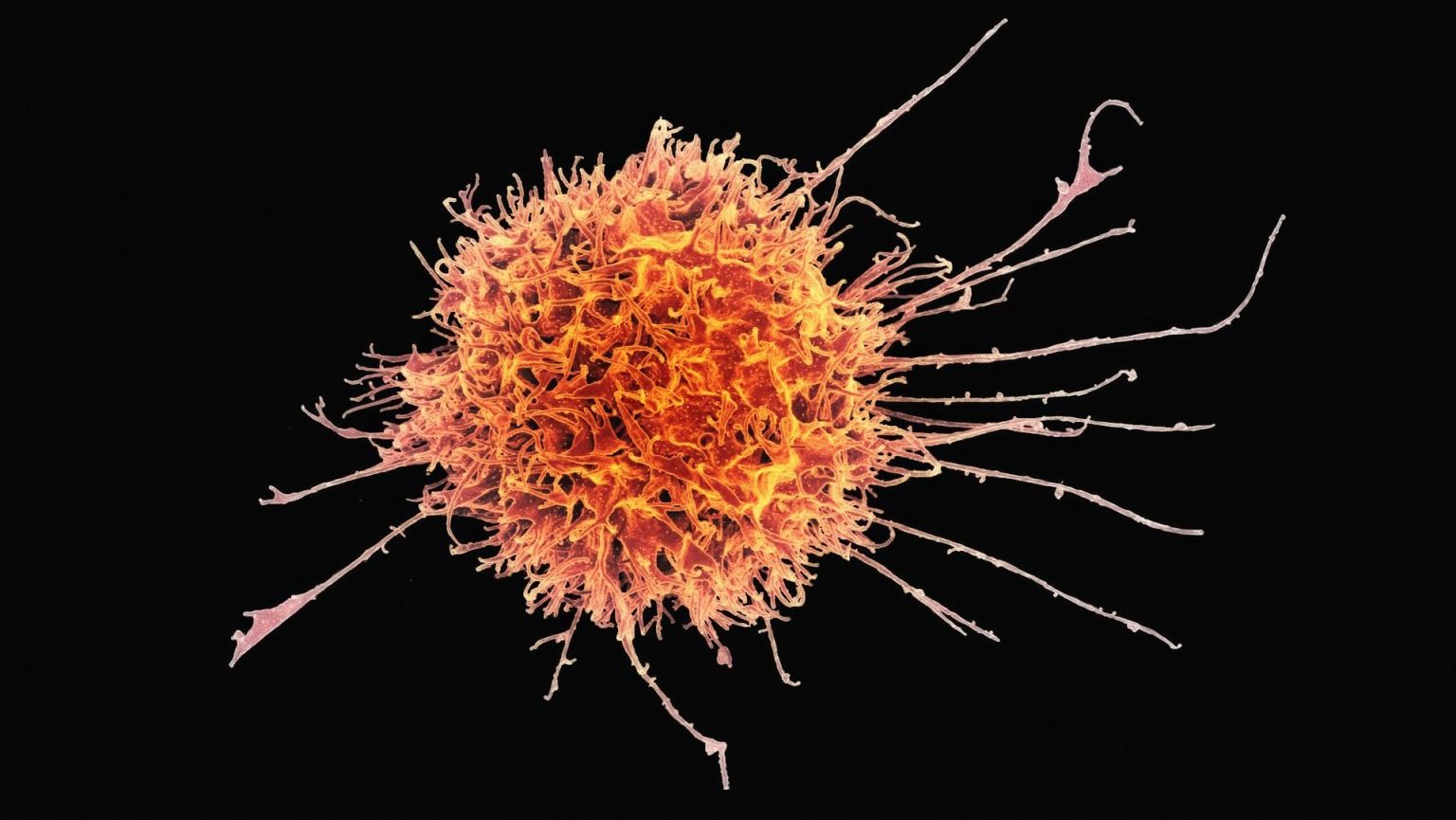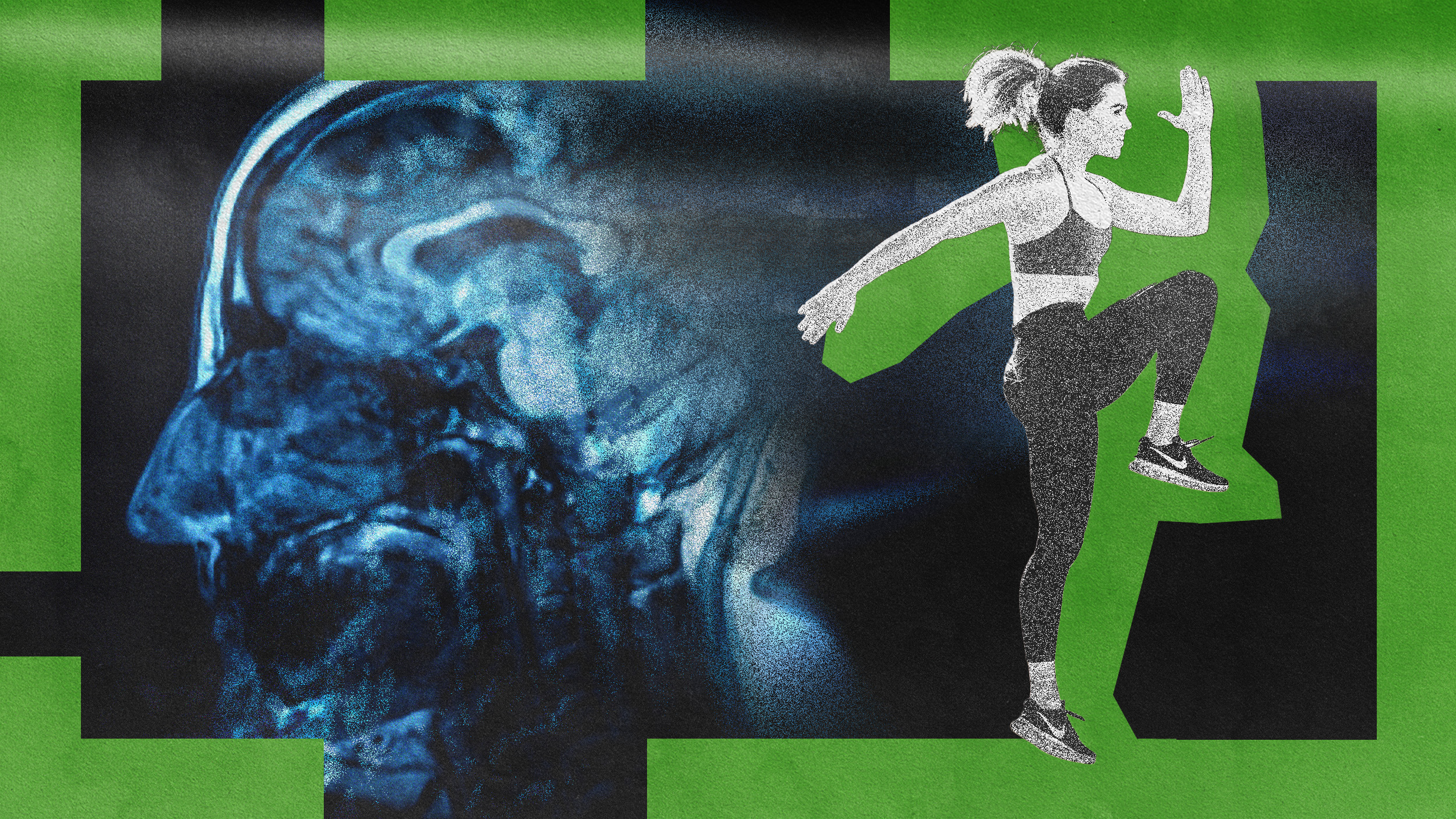Neural Exercises Boost the Aging Brain

As human brains age, they lose their ability to recall memories. Our memory peaks at the age of 30, and then it declines gradually with time. So it’s not surprising when older people begin to forget small things—like where they put their car keys or glasses.
Princeton neuroscientist Sam Wang says that this kind of normal memory loss—separate from more severe conditions like Alzheimer’s disease and dementia—isn’t a cause for concern, though it’s still not well-understood what physical processes underlie this. He says scientists don’t really know why the brain becomes less plastic as we grow older, but that it might have to do with the brain’s decreasing ability to form new connections or to easily modulate the weight of the connections between nerve cells.
But Gary Small, a professor of psychiatry and aging at UCLA, says there are ways that we can reduce the effects of this kind of memory loss by exercising our brains—training our neurons the same way that we can exercise our muscles at the gym using relatively simple techniques. He distills the basics of these down to three concepts: “look, snap, connect.”
“Look stands for focusing attention. The biggest reason that people don’t remember things is they’re simply not paying attention,” he says. “You’re running outside the house and you can’t remember whether you did some minor task because you weren’t paying attention. Snap is a reminder to create a mental snapshot of information you want to recall later. Many of us find it easier to remember visual information than other types of information. And then the third step connect, is just a way of linking up those mental snapshots, so an example would be if I’m running out quickly and I have two errands, pick up eggs and go to the post office. I might visualize in my mind and egg with a stamp on it.”
Small says that these techniques can help people reduce everyday memory lapses—like when they misplace things. “Just the process of focusing attention will help us remember where we place objects,” he says.
Columbia University neuroscientist Ottavio Arancio says that our brain’s ability to learn and remember as we age is related to how active we remain—and how much we enjoy the things we are involved in. “Unfortunately when sometimes people become old they tend to be less stressed out about life and they or they tend to be depressed, so less involved, less interested,” he says. “The thing is just to be active, mentally active, and to be mentally active I bet you need to like what you are doing. I mean you cannot oblige yourself to be mentally active.”
Wang points out that a correlation has been established between educational status and the amount of cognitive function people retain as they get older. “It’s not clear whether that’s because being educated gives you the tools to lead a more engaged life or whether, maybe, if you’re mentally engaged person, you might be the kind of person who would go to college and graduate schools. It’s a chicken/egg problem,” says Wang.
Advanced memory loss in the form of Alzheimer’s disease is another story, however. It’s pretty well established that the brains of people, after death, who had been diagnosed with Alzheimer’s disease “have plaques and tangles that appear to be either the causes of cell death or perhaps the residue, the aftermath of cell death,” says Wang. “And these plaques and tangles seem to be at the root of certain kinds of cognitive loss.”
The true cause of Alzheimer’s disease is currently unknown. There are genetic factors that predispose people to it, but for most people there is not a clear-cut reason why they begin to decline into dementia, says Small. “There are genetic risks, but there is also lifestyle issues that we’re beginning to learn about, so for example people who exercise regularly, get a lot of cardiovascular conditioning, have a lower risk for getting Alzheimer’s disease,” he says. “It’s probably that mental activity may protect us. Healthy diet, what’s good for your heart is also good for your brain, so a Mediterranean diet protects against Alzheimer’s disease. So there are many factors and there is probably drugs that people take that may protect against Alzheimer’s. Possible that anti-inflammatory drugs, maybe statins to lower cholesterol. We don’t know for sure so we don’t recommend these as preventive treatments. There is a lot we have to learn yet and the cause has not been pinpointed entirely, but there are a lot of interesting theories.”
Small also thinks oxidation may be an issue that affects Alzheimer’s, and that antioxidant foods and vitamins may protect the brain. And he say inflammation in the brain is likely another key factor: “Basically inflammation is a process to correct problems in the body. So you know you get an inflammatory reaction if let’s say you get a splinter in your finger. It gets red. Cells attack the foreign body and this can go on anywhere in the body. What we find in Alzheimer’s disease there are these little amyloid plaques where there are elements of inflammation, little cells and debris that tells us that there in an inflammatory reaction. Now it’s possible that the abnormal insoluble plaque deposits create the inflammation, so the brain is trying to rid itself of the plaque or maybe there is something else going on, so we see that process in the brain and that’s why some of the strategies have involved using anti-inflammatory drugs to try to protect the brain.”
Takeaway
As our brains age, they naturally begin to lose their capacity for memory, possibly because of a decreasing ability to create or maintain connections between nerve cells. But while we will naturally lose memory over time, there are ways to lessen the impact of this loss. We can train our brains to be sharper longer by learning how to focus our attention and consciously record memories.
The advanced and dramatic memory loss caused by Alzheimer’s disease, however, is a different story. It’s still unclear what exactly is happening in the brain to cause dementia, but it may be related to plaques that build up within cells or oxidization and inflammation of the brain tissue.
More Resources
— Big Think special series: Breakthroughs: Alzheimers Disease.
— The Alzheimer’s Foundation of America
— Big Think special series: The Mystery of Memory.
— Going Mental post: “The Human Hard Drive: How We Make (And Lose) Memories“





